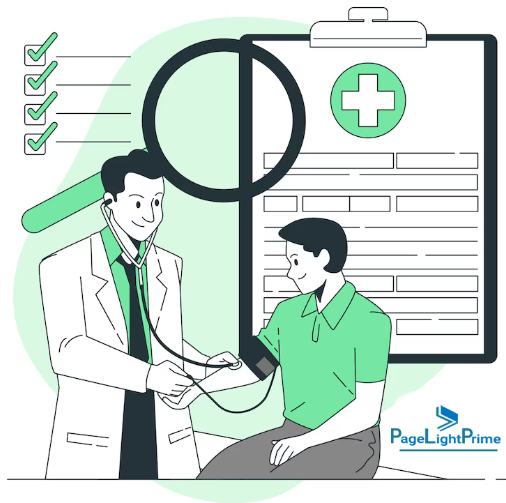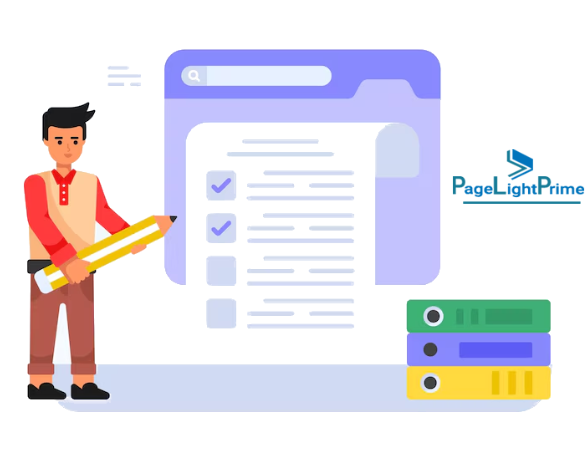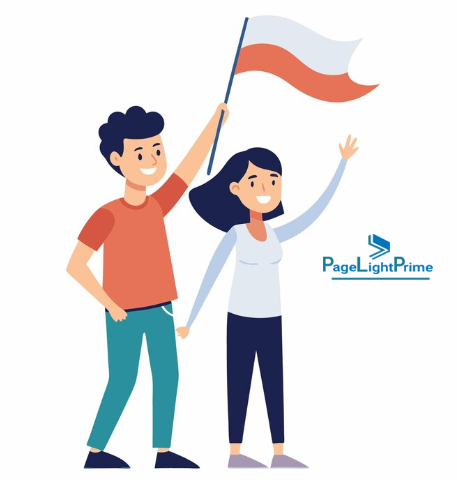The Ultimate Personal Injury Client Onboarding Checklist for Law Firms
Streamline your personal injury intake process with this step-by-step onboarding checklist for law firms. Boost client satisfaction, reduce errors, and win more cases with modern, cloud-first legal workflows.
Written by Knowledge Team, posted on Apr 17, 2025

Why Personal Injury Client Onboarding Matters
In the competitive world of personal injury law, your client’s onboarding process can make or break a case before it ever sees the inside of a courtroom. Whether you’re a solo practitioner or managing a fast-growing legal team, a clear and consistent law firm intake workflow is essential for success.
At PageLightPrime, our personal injury software has empowered firms to streamline their onboarding process through automation, secure cloud-based tools, and intuitive workflows. This guide provides the ultimate checklist for personal injury onboarding—built to help you gather essential information, make a strong first impression, and lay the foundation for successful cases from day one.

Step 1: Gather Complete Client Information
Start with a full client profile—beyond just the basics.
📌 Pro Tip: Use PageLightPrime’s smart intake forms to auto-fill case files and reduce data entry errors.
Personal Info Checklist
- Full legal name, DOB, and Social Security Number
- Contact info (phone, email, current + previous addresses)
- Preferred communication method (call, text, email)
- Best time to reach them
- Legal history (prior claims, felonies, bankruptcies)
- Social media usage (frequency, relevant content)
Capturing these early builds trust and avoids surprises later.

Step 2: Capture Incident Details Immediately
Accuracy is everything in personal injury claims. Memories fade, evidence disappears, and details can shift.
Incident Checklist
- Date, time, and location of the accident
- Client’s narrative in their own words
- Photos or videos from the scene
- Witness names and contact info
- First responder details (badge numbers, departments)
- Property/vehicle damage info
- Involvement of third parties or bystanders
Encourage clients to upload media early—it can make or break the case.

Step 3: Collect and Track Medical Information
Medical documentation is the backbone of your case. Thoroughness equals credibility—and potentially, compensation.
Medical Checklist
- Injuries (immediate + delayed symptoms)
- Doctors and hospitals visited
- Pre-existing conditions
- Treatment timeline
- Long-term care needs
- Medical records, diagnoses, and billing statements
Pro Insight: TBIs and other injuries often emerge later. Schedule follow-ups to keep the file current.

Step 4: Request All Necessary Documents Early
Impress clients and opposing counsel alike with a fully organized digital file—right from day one.
Documentation Checklist
- Government-issued ID
- Health insurance (Medicare/Medicaid if applicable)
- Auto or homeowner’s policy
- First responder reports
- Photos of injuries, scene, and property
- Any prior statements made to insurers or police
PageLightPrime Legal Document Management Software is built on SharePoint for seamless document sharing.

Step 5: Flag Red Flags Early
Spot potential problems before they derail the case.
Watch For
- Gaps in medical treatment
- Late reports to police or insurers
- Prior personal injury claims
- Contradictory stories
- Damaging social media posts
Build escalation alerts into your workflow to notify attorneys of issues ASAP.

Step 6: Set a Realistic Case Timeline
Transparency builds trust. Lay out a clear roadmap from day one.
Include
- Estimated duration of the case
- Legal process overview (demand letter, negotiation, litigation)
- Timeline of milestones
- Communication plan (check-ins, updates)
- Welcome video or FAQ document
A simple welcome video helps clients feel confident and supported.

Step 7: Secure Consents and Authorizations
Get all legal paperwork signed early to avoid delays later.
Consent Checklist
- HIPAA release
- Authorization to access school/employment records (if needed)
- Consent for digital communication (text/email)
- Explanation of attorney-client privilege
Discuss confidentiality and the importance of responsible social media use.

Bonus: Sample Task List for Your Workflow
Plug this directly into PageLightPrime legal case management system for tracking the following.
- ☐ Confirm personal details
- ☐ Upload ID and insurance documents
- ☐ Record incident narrative
- ☐ Collect photos/videos
- ☐ Request police/fire/EMS reports
- ☐ Organize all medical documentation
- ☐ Schedule client follow-ups
- ☐ Monitor social media activity
- ☐ Get HIPAA and necessary releases ☐ Outline case timeline with alerts

How PageLightPrime Helps Law Firms Win at Onboarding
Modern personal injury firms use PageLightPrime to
- 📱 Use mobile-friendly, customizable intake forms
🔄 Legal document automation and client reminders
🔐 Securely store files in SharePoint/OneDrive
✅ Build workflows and tasks directly into Microsoft Teams

“
Final Thoughts
Great cases start with great onboarding. With this checklist, your law firm can deliver a seamless client experience, capture critical details from day one, and avoid costly delays down the road.
Whether you’re handling car accidents, slip-and-falls, or complex catastrophic injury cases, a streamlined intake system isn’t just a nice-to-have—it’s a competitive advantage.

“
